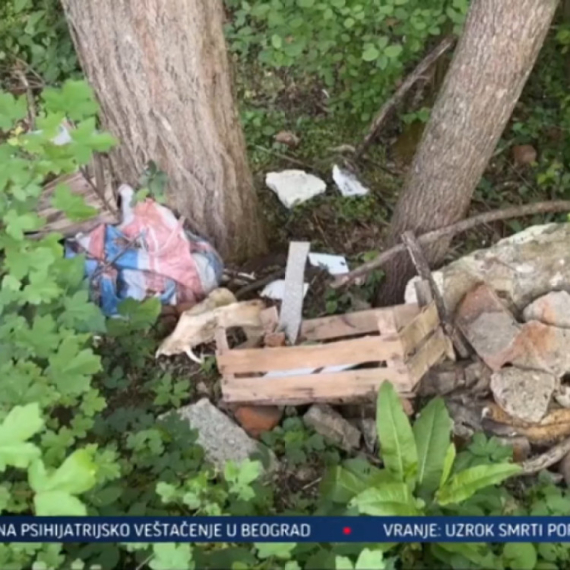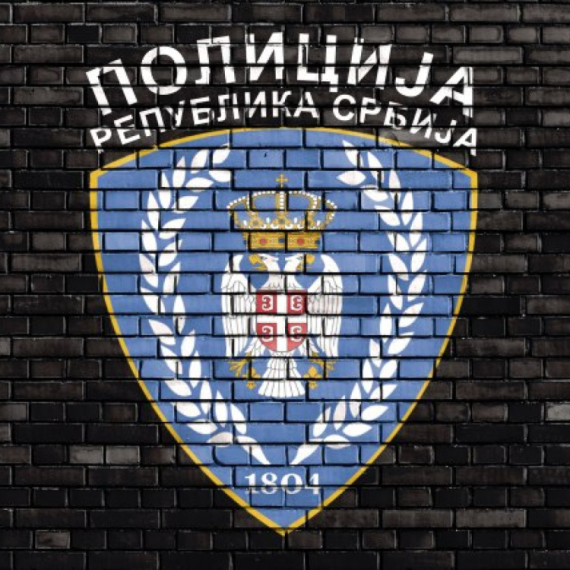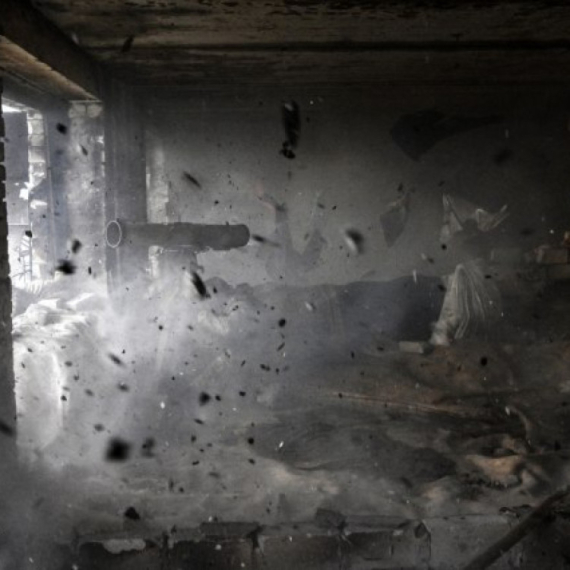Serbia's legal team: No retroactive liability
Serbia "cannot be accountable for the crimes committed in Croatia before the constitution of the Federal Republic of Yugoslavia (SRJ) on April 27, 1992."
Wednesday, 12.03.2014.
09:22

Serbia's legal team: No retroactive liability
They noted that Croatia's lawsuit against Serbia for genocide, which was allegedly committed against Croats in the conflict in 1991 in this former republic of the Socialist Federal Republic of Yugoslavia (SFRJ), is practically a call for retroactive implementation of the UN Convention on the Prevention and Punishment of the Crime of Genocide.Before the declaration of the new state, Serbia was not a signatory of the UN Convention on the Prevention and Punishment of the Crime of Genocide, and therefore the Convention cannot be applied to the crimes committed during the war in Croatia in 1991, believe Serbia's representatives German Professors Christian Tams and Andreas Zimmermann.
Tams said that the UN Convention on the Prevention and Punishment of the Crime of Genocide was not made to be implemented retroactively to regulate the past, including the WWII Holocaust, but rather to prevent genocide from happening in the future.
If retroactivity were accepted, the UN Convention on the Prevention and Punishment of the Crime of Genocide, which was adopted in December 1948 and entered into force in 1951, could be implemented not only in the case of WWII, but also WWI and other conflicts.
Would this be done by other countries accountable for the crimes in the past which, rightly or not, were said to constitute genocide?, Professor Tams said addressing the ICJ.
Tams said that Croatia's lawsuit is actually an attempt to make Serbia accountable instead of the SFRJ authorities.
Professor Zimmermann underlined that Croatia's case completely depends on whether the contentious period is in the Court's purview, i.e. it is based on the retroactive implementation of the UN Convention on the Prevention and Punishment of the Crime of Genocide regarding the events described in the Croatian lawsuit.
He noted that the ICJ determined in 2008 that the SRJ became a signatory of the UN Convention on the Prevention and Punishment of the Crime of Genocide on April 27, 1992, while all crimes that Croatia mentions in its lawsuit were committed before Serbia was bound by the Convention.
According to a U.S. diplomatic cable released by WikiLeaks, this was confirmed in 2006 by the then chief legal representative of Croatia Ivan Simonovic in the talks with officials of the U.S. Embassy in Zagreb, Zimmermann said.
If the court accepted that its purview starts as of April 27, 1992, the day of the declaration of SRJ, that would mean that the worst crimes committed in the territory of Croatia (for instance in Vukovar) would not be taken into consideration, which would weaken Croatia's lawsuit considerably, Simonovic said.
Zimmermann quoted the same cable and Simonović's explanation why Croatia filed a lawsuit against Serbia only in 1999, unlike Bosnia-Herzegovina which did that in 1993.
Croatia filed the lawsuit in 1999 after it was assured by an American lawyer that a genocide lawsuit against Serbia and Montenegro in the territory of Croatia would paralyze all proceedings against Croats before the Hague Tribunal, Simonović told American diplomats at the time.
Zimmermann said that Croatia's representatives in the last week's public hearings tried to contest Serbia's arguments that the case was outside the Court's purview, adding that among other things the country could be held accountable for violence based on the common law banning genocide.
However, a country's liability for the violation of the common law is not an issue for the ICJ, which has been proved in its practice, he said.
In 2008, the ICJ decided that it is competent to hear the case in relation to Croatia's lawsuit and Serbia's counter-lawsuit, but did not deal with the issue of the time span in question, noting this is related to the content of the dispute.
Head of Serbia's legal team Saša Obradović noted addressing the International Court of Justice (ICJ) in The Hague on Monday that Serbs, not Croats, were the victims of genocide in armed conflicts in Croatia from 1991 to 1995.
Obradovic said that Serbia cannot be responsible for the actions and failure to prevent the crime of genocide that allegedly happened before April 27, 1992 when the Federal Republic of Yugoslavia was formed.
“This is particularly important bearing in mind that a great majority of incidents described in the Croatian lawsuit allegedly happened in 1991, while only a few are said to have taken place after April 1992. The allegations concerning the latter incidents cannot be considered, even prima facie, as genocide,” the head of the Serbian legal team said.
“The perpetrators of the crime in Croatia were not either de fact or de jure the bodies of the Republic of Serbia. The crimes were not committed upon an order or instruction or under control of our country, as demonstrated by the recent practice of the ICTY (the Srebrenica case),” Obradović underlined.
Serbia will continue its counter-claim on Wednesday, and it will start presenting its countersuit which charges the Zagreb authorities with genocide against Serbs in Krajina, Croatia's district, during Operation Storm in the summer of 1995.



























































Komentari 15
Pogledaj komentare